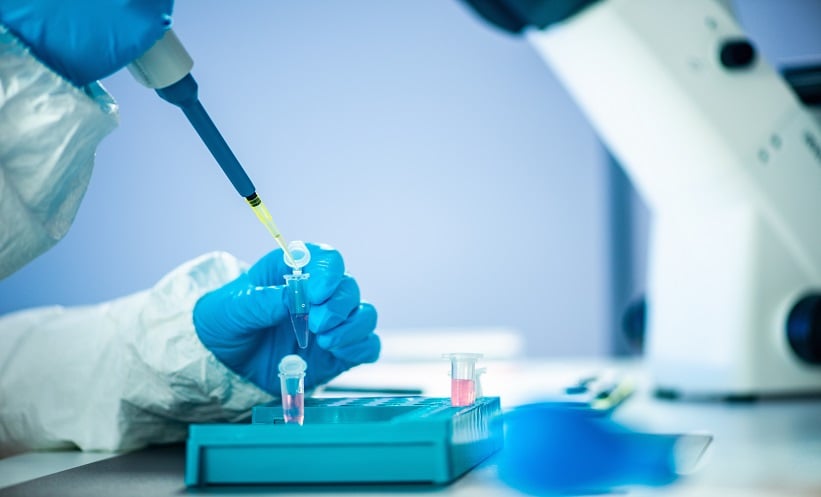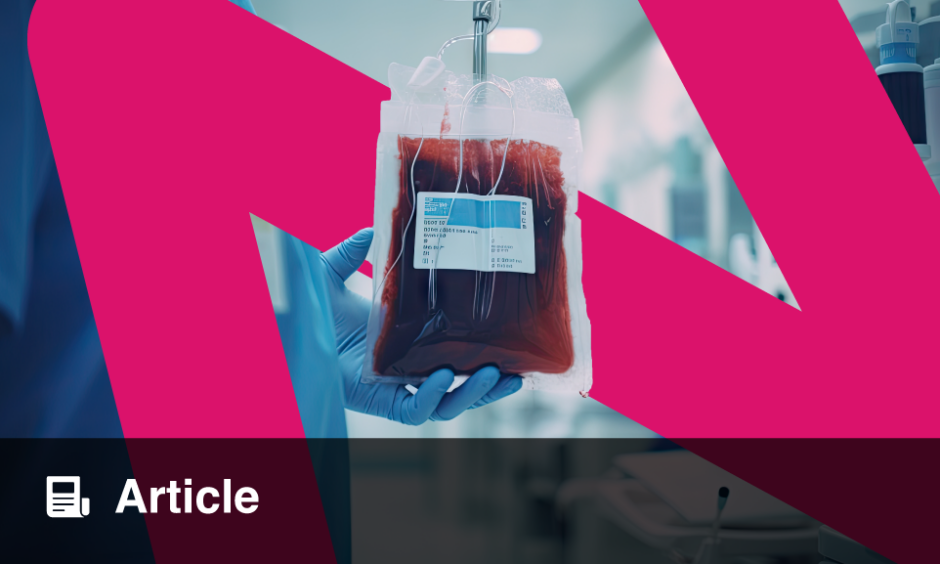IN a groundbreaking development, researchers have unveiled a novel strategy for Haematopoietic Stem Cell Transplantation (HSCT) that promises to revolutionise the treatment of haematological malignancies. Traditionally, HSCT relies heavily on untargeted chemotherapies, which indiscriminately affect both malignant and healthy cells, limiting post-transplant treatment options. However, recent advances in antigen-specific cell-depleting therapies have shown great potential, particularly in targeting B cell malignancies. Despite these advancements, the complexity of target selection and high development costs have resulted in a fragmented therapeutic landscape.
The latest breakthrough involves an antibody-drug conjugate (ADC) targeting the pan-haematopoietic marker CD45, which achieves antigen-specific depletion of the entire haematopoietic system, including Haematopoietic Stem Cells (HSCs). This ADC, when paired with the transplantation of genetically engineered HSCs that are resistant to the CD45-targeting ADC, selectively eradicates leukemic cells while preserving healthy haematopoiesis.
This innovative combination could serve as a universal strategy for replacing a diseased haematopoietic system, regardless of the disease’s origin or type. The implications of this approach extend beyond haematological malignancies, potentially transforming treatment paradigms across various conditions.
Healthcare professionals should note the significance of this advancement, as it not only enhances the precision of HSCT but also mitigates the adverse effects of traditional chemotherapies. This strategy represents a promising step towards more effective and targeted therapies, heralding a new era in the treatment of blood cancers and other related disorders.
Reference
Garaudé S et al. Selective haematological cancer eradication with preserved haematopoiesis. Nature. 2024.







